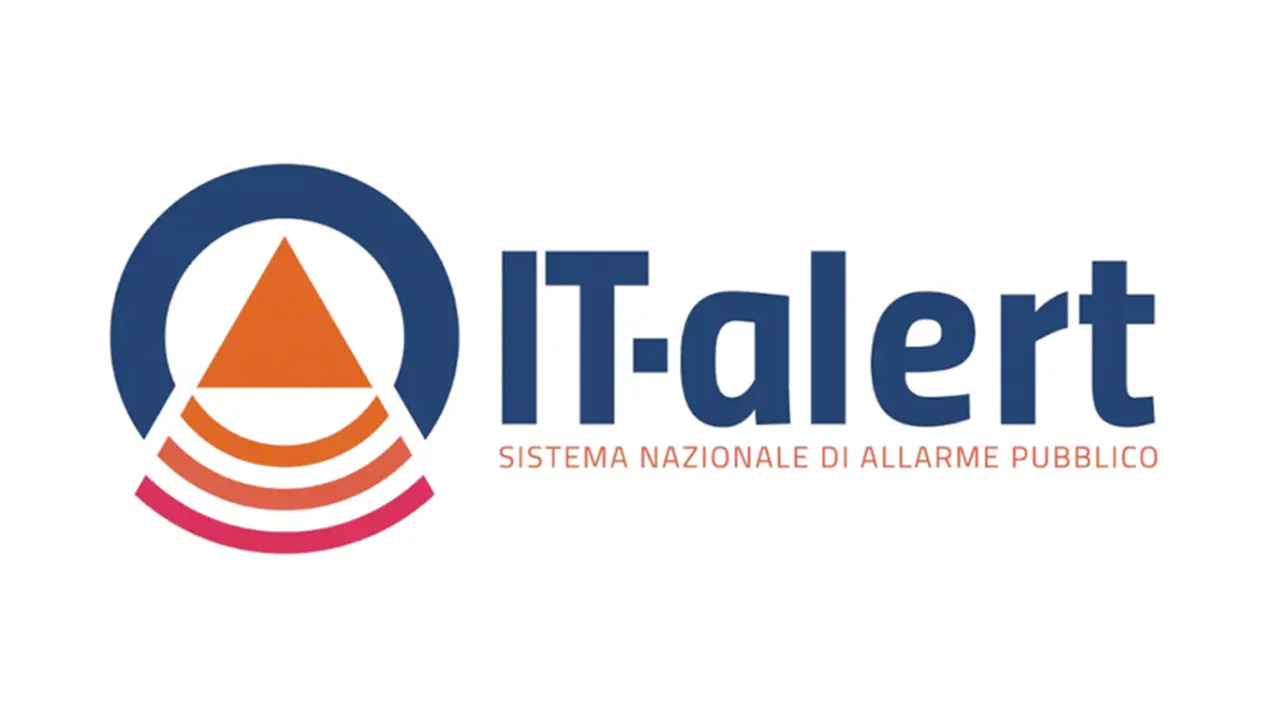Things IT-Alert and Why Everyone Should Know
On September 19th, all telephones in Lombardy will ring. No, this is not a flash mob, but the IT-Alert test phase. This public warning system warns the population of serious emergencies or imminent disasters.
Types of Emergencies Covered by IT-Alert
IT-Alert intervenes in various critical situations. The warnings concern intense weather phenomena, tsunamis, dam collapses, volcanic activity and even nuclear or industrial accidents.
Already tested in other regions
This is not the first time the system has come into action. In the summer months, tests took place in Tuscany, Sardinia, Sicily, Calabria and Emilia-Romagna. Now it's Lombardy's turn, together with Molise and Basilicata.
Information and Privacy campaigns
To avoid alarmism, the authorities are launching information campaigns. And don't worry about privacy: IT-Alert is a one-way system that does not collect personal data.
How the IT-Alert System Works
Receiving alerts is simple. You don't need to download any apps or provide your phone number. The service is free and anonymous.
 Deactivation Options
Deactivation Options
While deactivation is possible, it is not recommended. But if you really don't want to receive alerts, here's how: on Android, go to the phone settings and then to notifications. On iPhone, you'll find the option in your notifications settings.
What to Do on Test Day
During the test, simply keep your phone turned on. If you do not wish to be disturbed, you can turn off the device during the minutes of the experiment.
Conclusion: A Step Forward for Public Safety
In summary, IT-Alert represents a big step forward for public safety. Thanks to this system, we are all a little safer now. And remember, the September 19th date may change, so stay updated.








